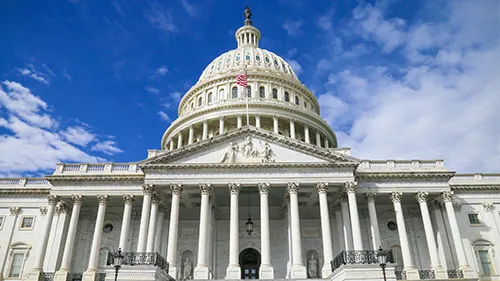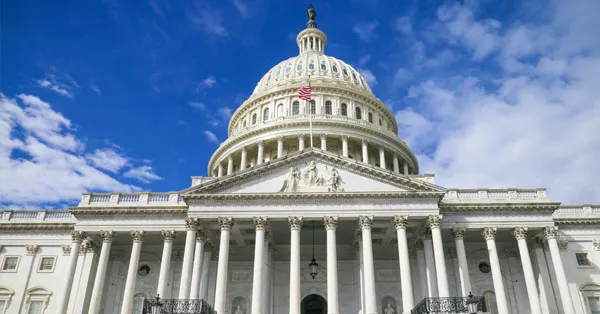
Rebates for Residential EV Chargers in Maine
Last updated: October 30, 2025
If you own, or are thinking of purchasing, an electric car, something that you had to consider at one point was how you were going to charge it. While there are approximately 1,410 public chargers available in Maine, nothing can beat the convenience of plugging in your car in your garage, so it's ready to go when you leave the house. Unfortunately, these chargers can be pricey, though.
Typically, rebates for EV chargers can come multiple sources; your local town, county, electric utility, State or the Federal Government. In Maine, there are 2 programs that you may be able to use to get a rebate or incentive for installing an EV charger in your home. You can view the programs below.

Maine's State Rebate Program
The State of Customers of Maine can qualify for rebates for residential EV chargers through their program called "Efficiency Maine Off-Peak Charging."
The Efficiency Maine Off-Peak Charging program offers a rebate of $300 per charger. The incentive may cover up to 100% of the material cost. The rebate program covers Level 2 EV chargers. Charging station must be networked.
The charger must be on the program's approved list. Included chargers are Emporia Energy.


Federal Tax Incentive
The Federal Goverment has a tax credit for installing residential EV chargers. Commonly referred to as the 30C Federal Tax Credit, this incentive offers 30% of the cost of installing an EV Chargers up to $1,000.When the tax credit was renewed in 2022, a new stipulation was added that in order to receive the tax credit, the property must be located in an approved census tract. This requirement applies to any installations completed after December 31, 2022.
Learn more about the Federal Tax Credit
What is the difference between the types of EV chargers?
A Level 1 EV Charger plugs into a standard out in your home (120V) to juice up your car. Usually, a level one charger can add 2 to 3 miles to your car for each hour they're used. Most electric vehicles in the US will come with a Level 1 charger.
A Level 2 EV charger lets you charge up your electric vehicle much around five times faster. These chargers use 240V or the type of outlet you see for an electric dryer or stovetop. They add between 12 and 60 miles to your battery each hour.
A Level 3 EV charger is the fastest type of EV charger. They're also called fast chargers, DCFC chargers, and DC fast chargers. These units typically use 400V or more and add 150 miles to a battery in an hour. They're not very common in residential applications at this point.
Learn more about the types of EV Chargers
How much does an EV charger cost?
The cost of an EV charger can vary depending on the specific type you want to purchase. They usually range from $300 - 1,000. It's important to remember that Level 2 and Level 3 chargers typically require professional installation, which often costs more than the charger itself. You can see examples of chargers below:
Do businesses qualify for this EV charger rebate?
Businesses, non-profits, and multi-family facilities are considered commercial accounts by many utilities. Commercial accounts have different rebate programs to use than residential accounts. Rebates4EVChargers only shows residential rebates.
Additional information
EV Charger Rebate Trends for 2025
Despite recent changes in federal policy and rising uncertainty, rebate programs remain a powerful opportunity for those who can navigate them effectively. In fact, the number of open rebate programs increased by 11% this year. Those programs cover 78% of the US.
Continue reading
Federal Tax Credit for EV Chargers Renewed
The Inflation Reduction Act just extended the 30C Tax Credit for installing EV chargers. Homeowners get a credit for up to 30% of the cost up to $1,000.
Continue reading
Disclaimer: The information above is provided as an informational resource. Rebates4EVChargers does not provide any warranties or representations as to, and will not be responsible for, the accuracy or correctness of the rebate information. Contact your rebate provider for the most current information. As an Amazon Associate, Rebates4EVChargers may earn commissions from qualifying purchases.